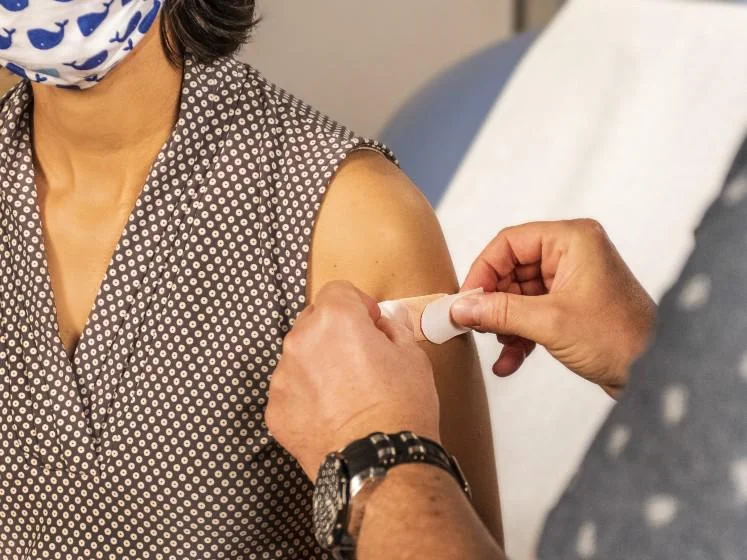Waive intellectual property protection for COVID vaccines urge over 100 IP academic experts

World Trade Organization (WTO) intellectual property rules for COVID-19 vaccines, medicines and diagnostics must be suspended to help low and middle-income countries tackle the pandemic says a statement, co-led by LSE intellectual property academic experts and signed by over 100 others from around the world.
The call comes ahead of the next round of the ‘TRIPS Waiver’ negotiations at the WTO Council which will be held on 14 July.
A temporary waiver of rules under the TRIPS Agreement(1), proposed by India and South Africa in October 2020, and supported by over 100 countries, will help enable an increase in manufacturing capacity and equitable supply of COVID-19 vaccines, says the statement.
The academics call on the governments of the UK, Australia, Brazil, Japan, Norway, Switzerland and the European Union to drop their opposition to the TRIPS Waiver proposal.
Dr Hyo Yoon Kang from Kent Law School said: "Intellectual Property rights are not absolute rights. They are granted and recognised under the condition that they serve the public interest. Right now, it is in the global public interest to provide access to vaccines and the technologies to produce them in the regions that need them. This is a global, not a local pandemic, and we will keep seeing the virus spread and new variants emerge if we fail to share knowledge in this way."
Dr Luke McDonagh from the London School of Economics and Political Science (LSE) said: "Claims that private IP monopoly rights are sacrosanct and that companies will be deterred from developing vaccines in the future if they are suspended are unjustifiable in light of the huge amount of public money that has financed COVID-19 vaccine research."
The statement highlights that current strategies to address the inequity in the distribution of COVID-19 vaccines such as the WHO’s COVAX initiative, have had limited success in providing vaccines to low and middle-income countries.
As of June 2021, the voluntary COVAX donation scheme has only delivered 90 million out of an objective of two billion doses. To achieve its promises for 2021 and 2022, global, coordinated action is needed to unlock new sources of doses.
Pharmaceutical companies who hold relevant Intellectual Property rights have failed to engage with the WHO’s voluntary COVID-19 Technology Access Pool (C-TAP) which aims to share intellectual property rights, knowledge and data to facilitate timely, equitable and affordable access of COVID-19 health products by boosting their supply.
Dr Aisling McMahon of Maynooth University said "In the absence of sufficient voluntary engagement by industry with proposed initiatives to radically increase COVID-19 vaccine production to tackle this health crisis, either through voluntary licensing arrangements or pooling resources through WHO initiatives like the C-TAP, the TRIPS waiver is a vital step to clearing IP obstacles for vaccine production."
The statement sets out that there is an urgent need to share technology and technical know-how to build local and regional manufacturing capacity.
Professor Graham Dutfield, from the University of Leeds, said: "Increasing local and regional manufacturing capacity will help ensure equitable access to vaccines as well as create sustainable and resilient systems for this and future pandemics."
Dr Siva Thambisetty, from the London School of Economics and Political Science (LSE), said: "We recognise that there are many factors which affect the ability to produce and access COVID-19 vaccines and that the waiver is not a panacea. However, given the current circumstances, where IP rights and monopolies over know-how play a major role in the current lack of capacity for vaccine production, it is a necessary element of the global response to the pandemic."